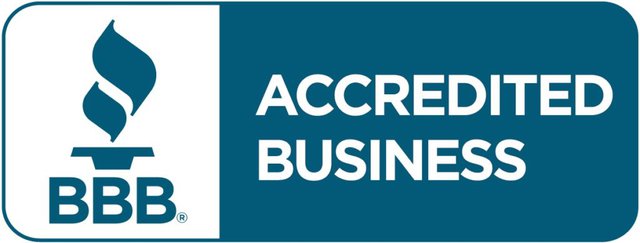MILWAUKEE — Data breaches are scary because they expose customers’ personal information and put them at risk of becoming victims of fraud. There have been many recent data breach announcements from all industries, highlighting just how common data breaches are these days. The Better Business Bureau (BBB) offers tips for consumers to protect their personal information and reduce the risk of identity theft, whether or not they are a customer of the victimized company.
What is a data breach?
Businesses store a lot of personal customer information in the digital space. Thieves want access to that information, so they target businesses with malware or exploit weaknesses in digital security measures. After stealing the information, thieves can sell it on the dark web or use it in their own fraud schemes.
What are the risks to consumers?
No two data breaches are the same, and each incident exposes different information. Consumers affected by a breach may be at increased risk of identity theft. Thieves may use stolen information to fraudulently apply for credit, unemployment benefits, and more. In some cases, consumers’ financial accounts may be accessible to thieves.
Companies are collecting more customer data than ever before. Information like payment methods, passwords, and addresses are stored. This helps people save time, pay bills on time, and budget effectively. But it also increases the risk of identity theft. Consumers must take great care to protect their personal information.
The BBB recommends that consumers take the following steps to protect themselves from data breaches:
● Don’t overshare information online. Don’t post personal information on social media. Your Social Security number, as well as online quizzes and games, can be at risk. Even the name of your first pet or the town you were born in could be used to hack into your accounts.
● Review your credit report and financial statements frequently. Monitor your accounts for any suspicious activity and notify your account provider as soon as possible.
● Use strong passwords and change them regularly. Protect your account with a complex, unique password.
● Implement two-factor authentication for your accounts and devices. This adds an extra layer of security to logging in. Two-factor authentication sends a code to your phone or email to verify that you’re the account owner logging in.
● Shop with companies that protect their customer information. Check for basic security measures: they should have HTTPS in the address bar and a clear, detailed privacy policy. Then look for trust seals, such as the Certified Business Seal, to verify validity.
While it’s important to protect yourself online, paper copies of your personal documents can also be stolen, so it’s important to dispose of them safely. For more information about Secure Your ID Day and Shred Days, contact your local BBB.
Even the most cautious consumer can fall victim to a data breach. Learn eight things to do after a breach and how to tell if your information was stolen.
For more information or inquiries, please contact the Wisconsin BBB at www.bbb.org/wisconsin, 414-847-6000 or 1-800-273-1002. Consumers can also get more information on how to protect themselves from scams by following the Wisconsin BBB on Facebook, Twitter, Instagram and YouTube.


